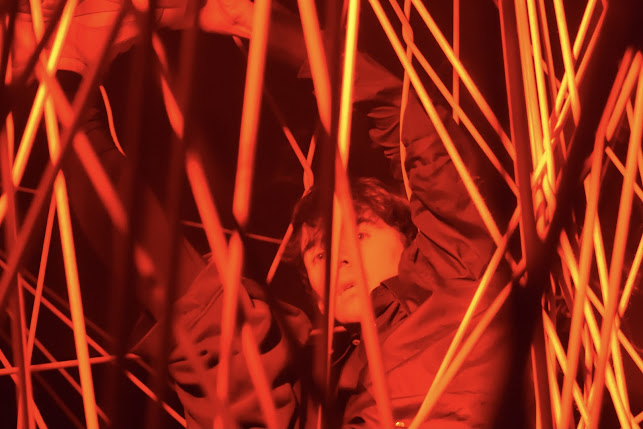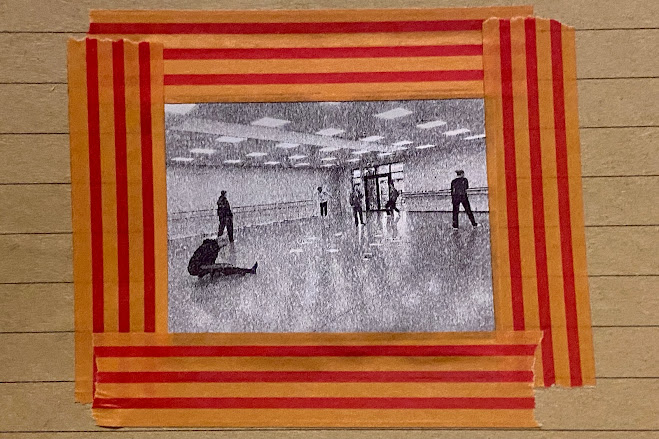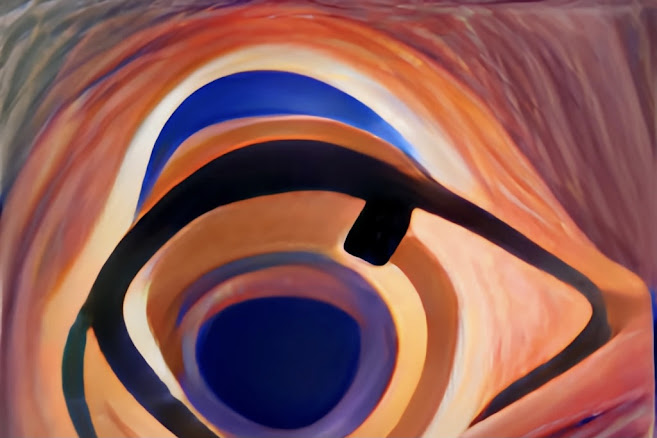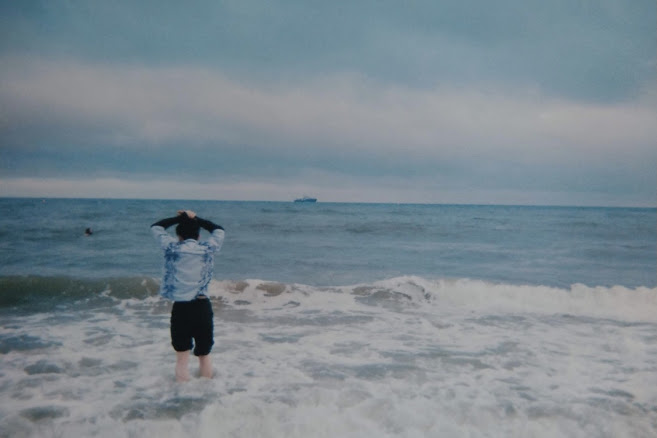8. what he wrote
I am inclined to agree with Weitz in his rejection of Aesthetic Theory, it feels like returning to the idea of asking questions to find better questions. If I should be looking for a truth or a definition amongst these things, I think my response would resemble the above sentiments.
On theories:
I like the idea that theory can guide the development of the framework, hence theory as a ‘means to guide and inform research so that it can, in turn, guide research efforts and improve professional practice.’ (Labaree, 2023) I like the directionality of this definition: theory as something which guides and propels forwards, and I also think rejections sits nicely within this; when something strikes a discord to my interests or beliefs and it is still useful, it narrows the pool down and can help clarify where I’m going.
I’m more cautious of the definition that ‘[a] theory has been extensively tested and is generally accepted among a set of scholars’ (Cherry in Labaree, 2023). I don’t necessarily disagree, I just see think it becomes about assessing the quality of a thing, which is okay - but I see trends in a very white and very western conceptualisation of where these established theories lie, and I at least would wish for some reflection of why they became established…what context uplifted their voices… what is sitting in the margins… am I orientated towards that which is inevitable or that which is easiest…
On frameworks:
In The Meaning of Theory, Gabriel Abend (2008) evokes the architectural concept of frameworks: ‘The theoretical framework is the structure that can hold or support a theory of a research study.’ I find this helpful in its physicality, the reminder that the framework of a building holds it up, keeps it from falling, remains in the wreckage…
My theories:
Reading Weitz’s work brings me back towards central theories on art: Formalism, Voluntarism, Emotionalism, Intellectualism, Intuitionism and Organicism. Weitz (1964) describes two of the theories that I am most drawn to using the word sensuous - somehow underpinning something that feels fundamental right now.
Also - what’s the difference between a framework and a foundation and a fundament?
On emotionalism:
Tolstoy, Ducasse, or any of the advocates of this theory, find that the requisite defining property is not significant form but rather the expression of emotion in some sensuous public medium.
The Organicist says to all of this that art is really a class of organic wholes consisting of distinguishable, albeit inseparable, elements in their causally efficacious relations which are presented in some sensuous medium.
I feel that I know (somehow) that neither of these definitions are true, or at least they are not true in the sense that they could be proven wrong. Reading these again though I feel some clarity in my preference, which is perhaps the closest thing to truth I can find, or at least this is the most interesting component to me right now. I like things messy and complicated, so I can understand the value in recognising that which ins entangled and in dialogue with its interrelated counterparts. However, I am reminded of the blissful simplicity with which I want to feel and make others feel, the most profound moments in my life are felt. Emotionalism is a concept which I believe I need and would fight for. Somewhere in your endeavour, something comes from a need to express, maybe even it is a theory that is most profound when unintentional or unconscious. Art as the embodiment of our tacit world. I challenge my students sometimes to dance and not make art, they throw themselves wildly, they compete and they practice sports - but I feel so deeply their freedoms and their frustration, I cannot help but be the audience to their art.
Emotionalism might become the lens through which I perceive my research project, I will understand my art to be expressive and perhaps I can discover whether it is art, to me, through its power to express.
My frameworks:
I feel clear that my current frameworks lie within three texts around the sensory:
- Sensory-Being for Sensory Beings: Creating entrancing sensory experiences, Joanna Grace
- Doing Sensory Ethnography, Sarah Pink
- Sensuous Society – Carving the path towards a sustainable future through aesthetic inhabitation stimulating ecologic connectedness, Gry Worre Hallberg
Within these texts lie many theories and frameworks, some pre-existing, some new and some restructured, merged, tangled and stretched out; they also contain new theories, hypothesises and ideas. For now they are my framework in the sense that they continue to hold me up and I know I can come to them in my confusions. They form an idea of what it means to linger within the sensory, and I am interested in their contradictions sitting side by side, not battling it out for a better or truer understanding but rather mutually coexisting and strengthening the breadth of my research.
What is holding you up?
References:
Weitz, M. (1964) Philosophy of the arts. New York: Russell & Russell.
-
'What He Wrote' - Laura Marling, I Speak Because I Can, Track 8




Beautiful words. I resonate with the idea of emotionalism and the need to express what we are feeling in the moment. As we were talking last night about resilience (or the lack of it), it made me think of improvisation. Could we use it as a tool to open up the resistance to make decisions by themselves? to find their voices?
ReplyDeleteThis is so interesting…yes - and I’m also trying to find autonomy within set material, especially the idea of problem solving to find a solution that works for your body. And in general what lies beyond the steps. And I think you’re right that improvisation can offer this, also with scores or tasks in improvisation that somehow a task that is too simple or too complex also forces the dancer to find their voice within it?
DeleteGreat post here Matthew. I too am interested in the concept of emotionalism. For me this is perhaps what encourages me to engage with art at all. I was on the panel for a talk today at Move It supporting the mental health of dancers. We were discussing 'the show must go' on attitude and the detriments of this on the mental health of dancers. It seems to me that it is not always about stopping dancing when dealing with emotional challenges, because many times dancers feel better by continuing. It is about allowing those emotions to be released through the movement. Improvisation seems a wonderful tool for it and I think it should be implemented much more into classical ballet training.
ReplyDelete